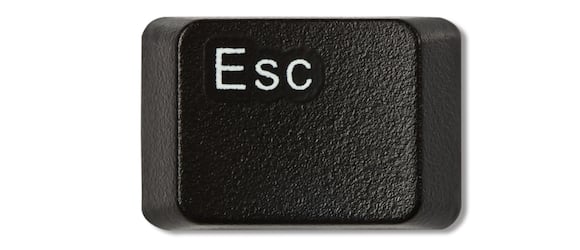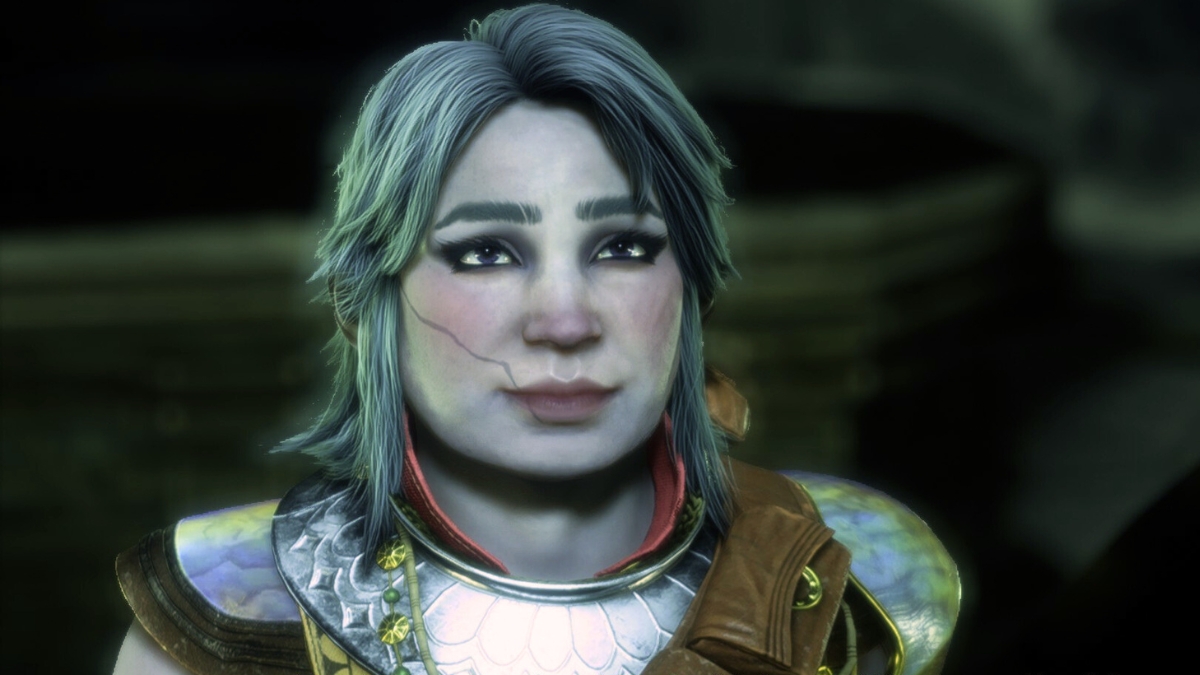GAME_JAM was supposed to be a YouTube-based webseries, a reality show about four teams of game developers competing to win prizes and promote their careers. According to many of the folks involved, it was hamstrung by terrible contracts, mismanaged sponsorship, and a director who sought every opportunity to fabricate conflict against the will of participants, and a general misunderstanding of what game development actually involved. But the thing that united the sixteen contestants into walking off the show was when it attempted to get them to impugn the place of women in coding and game making.
And we think that’s pretty cool.
As blog posts from five of the folks involved in the production of GAME_JAM have explained over the past three days (you can find them linked in this Mashable Post), there were plenty of warning signs that the webseries was headed down a less than favorable path, primarily an incredibly restrictive contract for participants, but that there was still good faith all around that things wouldn’t be the worst case scenario that looked like. Until the first and only day of shooting, when a number of problems, from breakdown of the computers the contestants were provided to use on camera to overzealous product placement (Mountain Dew was the official sponsor and prize provider for the show) plagued the shoot. Says reporter Jared Rosen, who was on hand:
Everyone “got it.” It was a reality-kinda-sorta-thing. Sponsors would be there. Mountain Dew would be there. Dramatic tension was likely unavoidable on some level, and the prizes would be dumb. If anything it was just poor planning, and maybe some questionable brand integration. But no one, not a single person there, expected [director Matti Leshem] to push the stuff so unnaturally, barring any drink that wasn’t water or Dew from being consumed while the cameras were rolling… Then came the demands.
Davey was forced to take off his nail polish because he couldn’t hold the can with it on. Zoe had to take off the buttons she usually wears on her jacket, but shouted down a PA who tried to make her cover her tattoos. The Arcane Kids were screamed at for not holding bottles right, while the entire group was lectured on how to properly smile like you’re enjoying the product – a product that everyone was enjoying less and less.
All in all, it seemed very much like a production that didn’t understand the pool of contestants that it was supposedly supporting by bringing their “real” stories to the wider world. And really, what claim can Mountain Dew’s extreme sports image have that tattoos don’t align with its brand? But the final straw came when the four teams, only two of which had a single female member, were asked “Do you think you’re at an advantage because you have a pretty girl on your team?” and “Do you think the teams with women on them are at a disadvantage?”
Because everyone involved mentions it, there are some pretty great quotes on the moment to choose from. From Rosen:
I cannot begin to impress upon you the psychological effect this line had on everyone. The idea that these professionals, who stake their livelihoods on code and design, might be reduced to “pretty faces” and antiquated gender stereotypes, an idea perpetuated by the guy who was ostensibly in charge, was like hitting the biggest nerve in the history of nerves with a pneumatic drill. Adriel built shit that flies around in space. It’s probably flying around in space right now.
From Adriel Wallick:
[Leshem] had the audacity to approach me later and explain that it wasn’t personal. This wasn’t a personal attack on me – he knew this was a sensitive topic in the industry and wanted to address it.
Well, you know what? It was personal. You sat there and overtly questioned my skills, my intelligence, my life. It was so personal, that I can’t even wrap my head around the fact that someone could even pretend to believe that it wasn’t a personal attack.
Everyone involved cites this hamhanded attempt to address the sexism extant in the gaming and programming communitites as the moment that the various teams looked around at each other, began to compare notes, and eventually jointly walked off the program, forcing it to shut down. All posts by participants so far have echoed the same theme: no one expected reality television to be able to perfectly capture indie gaming development’s culture, but nobody expected it to be the degrading slog that it proved to be within a few hours of starting the shoot.
And like I said, we think that’s pretty cool. Not the stressful and embarrassing situation in which these folks found themselves, but that at the nexus of two wider industries that frequently produce news stories where a woman’s value as something other than a pretty face is questioned to her face and she finds herself without immediate allies, it was the line that a group of developers wouldn’t cross.
(top pic copyright jannoon028, story via Mashable.)
Are you following The Mary Sue on Twitter, Facebook, Tumblr, Pinterest, & Google +?









Published: Apr 2, 2014 04:15 pm